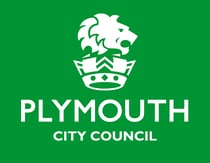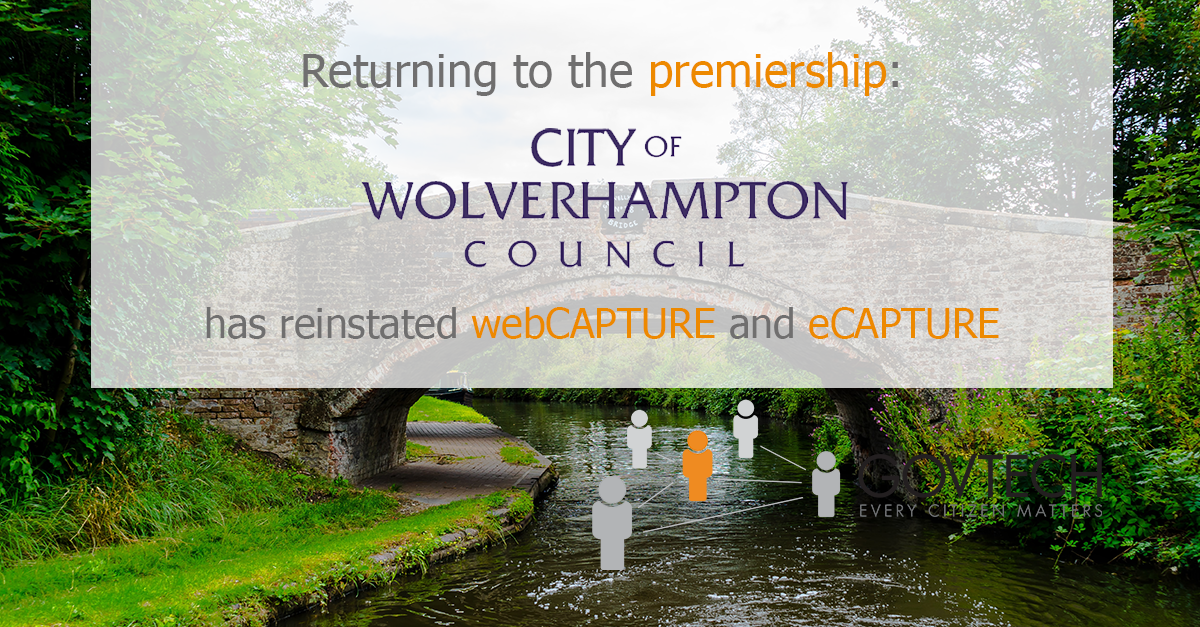Managing priorities throughout a pandemic, with Plymouth City Council
With our thanks to Emma Rose, Strategic Development Manager, with overall responsibility for Customer Services, Revenues and Welfare.
Early in 2020, Plymouth City Council began to implement Govtech’s webCAPTURE service, deploying a suite of Revenues forms developed in the Granicus govService customer experience platform, with full back-office integration and automated processing in the Capita Revenues system.
In December 2020, with the original business case outcomes overtaken by events, Govtech asked Emma Rose to reflect upon the most challenging and turbulent year anyone had known.

ER: “Councils like Plymouth, with lots of residents on low incomes and who can’t work from home, have been hit really hard. Recovery is on the floor, everywhere. The number of Council Tax Reduction claims has risen and with it the Change Notifications issued daily by the DWP. We are concerned that problems may worsen when government support schemes end, and people start to return to work.”
AM: “What changes have you seen in your workload and in how you prioritise work?”
ER: “We have recently taken on yet more business grant processing and track and trace payments, which must take priority over day-to-day benefit and council tax changes.
As we begin to look with hope towards the end of the pandemic, the challenges ahead are many, not least in Recovery.
Members are struggling with the use of enforcement, and everyone wishes there were another way.
But, to avoid enforcement, prompt processing of changes is going to be vital and customer conversations to create sustainable repayment arrangements are key. But these consume time.”
Automation has been vital. With grants and track and trace, it’s difficult to imagine how we would still be managing our day-to-day work without it.
AM: “Beyond the pandemic, what changes will be permanent and what challenges do you see?”
ER: “Looking ahead, money will remain a problem, especially in councils providing social care.
In Finance (Revenues & Benefits), our priorities will remain getting the income collected, making timely decisions on support and processing changes quickly.
But the way we deliver services has changed permanently. Except for Libraries, every service is now fully available online. But our people are exhausted and peer support for employees working from home is difficult. All of us are looking forward to some form of hybrid working. But we don’t know when that will be and we are disposing of buildings we used to occupy. So, how we manage remote working and support people better will remain a key issue.
Expectations have also permanently changed. I think there is now a public expectation that councils know who their vulnerable customers are and will work to support them in every way we can.”
AM: “How will responding to these challenges affect your priorities and the way you work?”
ER: “To meet these expectations, we have to continue to ‘lean out’ the organisation. By that, I don’t mean ‘fewer bums on seats’ - but the bums on seats must be doing something different.
Lean means being efficient and effective. We just can’t afford to be doing anything that is not necessary.
With resources constrained by financial pressures, automation has been vital for us to sustain support for our vulnerable customers and the more of it we can do, the better.
Over the last year, all our original plans and priorities have altered but I think most will reassert themselves. Some have been accelerated by Covid. We used to think our main challenge was that our customers like talking to us, no matter how easy we tried to make digital. Now we’re available 100% online. A key motivation for us was to improve the digital service offering to the customer. Yet one of the main benefits of that has been automation because we have been able to let go of so much and spend our time on things that suddenly became far more important.”
AM: "I'm glad we're able to help play a part. If I could ask, why do you like working with us?”
ER: “What I liked about dealing with Govtech was that it never felt to me like it was just ‘a software solution’, it was software wrapped in a consultancy service. It’s felt like a partnership, where Govtech’s approach has been to ask, ‘what are your problems?’ and ‘how do you think we can help to fix these?’. And that process doesn’t stop once you go live; instead of just having a relationship with a Help Desk, our engagement with Govtech has probably intensified.
It’s been very different to my experience of dealing with big companies, where I’ve often felt like I was talking to ’the same person in a different suit’. Govtech brought different qualities and attributes to the table. You get the sense that they are seeking to understand before they act.
This approach, working together to define what you are going to deliver and what the outcomes will be, has been so different. Achieving those outcomes means we are in a different place when it comes to tackling our next set of challenges.”
Enhancing citizens’ experienceAnalysis and customer feedback highlighted the poor usability of the existing digital offering Plymouth City Council had in place. Therefore, a key initiative in its wider Strategic Digital Transformation Programme, was to improve its Council Tax self-service facilities for citizens and facilitate automation between the front-end web forms and its Capita R&B system. Digital Transformation was the solution. |
|
See how much you can savePopulated with simple data about your Revenues Service, our calculator works out how much time is being consumed by manual processing and what this is costing. The results are presented in a way that enables you to sanity check the figures, simply. Typically a mid-sized council with 80,000 Chargeable Dwellings sees an ROI of £350,000 after service fees. |




